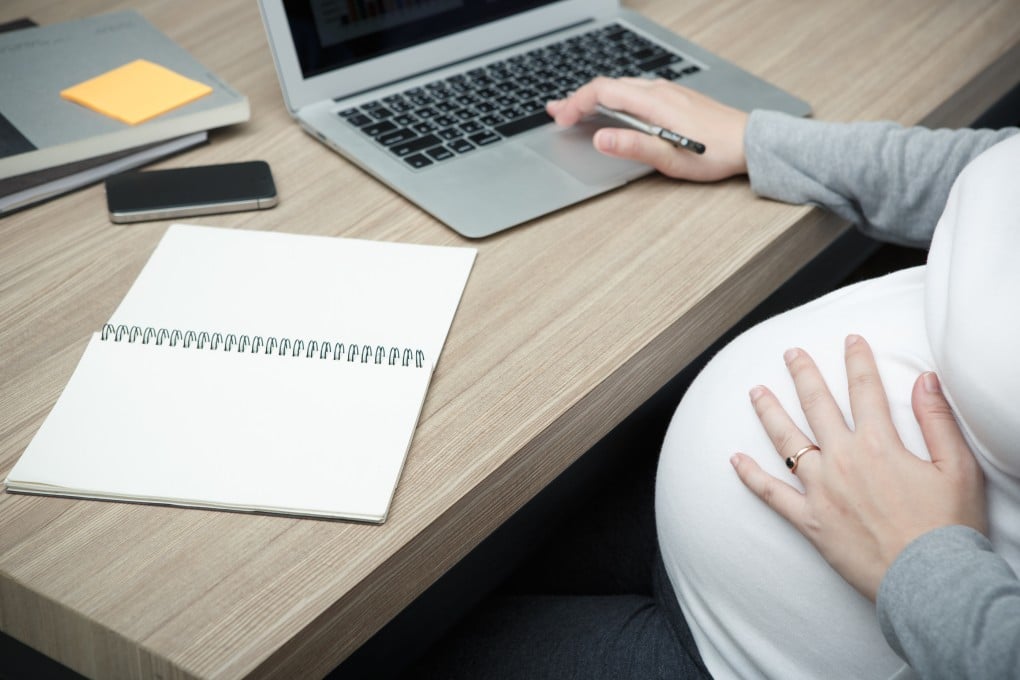Woman in China fired for taking maternity leave when pregnant wins landmark court case and compensation from ex-employer
- The woman was fired for ‘absenteeism’ after taking three months of maternity leave, despite being legally allowed to take six.
- National laws in China provide 98 days of maternity leave while also giving room for other regions to add days if they choose.

A company that fired a woman for taking too much maternity leave must pay her salary compensation and severance pay, Chinese state media reported on Sunday.
The woman, surnamed Zhong, was fired for “absenteeism” after taking three months of maternity leave, despite being legally allowed to take six. The case was made public at a media conference on March 3 held by the Guangzhou Intermediate People’s Court.
National laws in China provide 98 days of maternity leave while also giving room for other regions to add days if they choose. In Guangdong province, where Zhong was living, local laws allot her an additional 80 days, bringing the total legal length of maternity leave to around 6 months.
The court in the city of Guangzhou, in the southern province of Guangdong, found the company violated the law when they fired her and ordered them to compensate Zhong for the salary of her maternity leave period along with her severance pay.
“During the two sessions meeting, deputies across China are giving proposals to encourage more people to have children,” said Xiaoying Dong, a Guangzhou-based lawyer specialized in women’s reproductive rights.